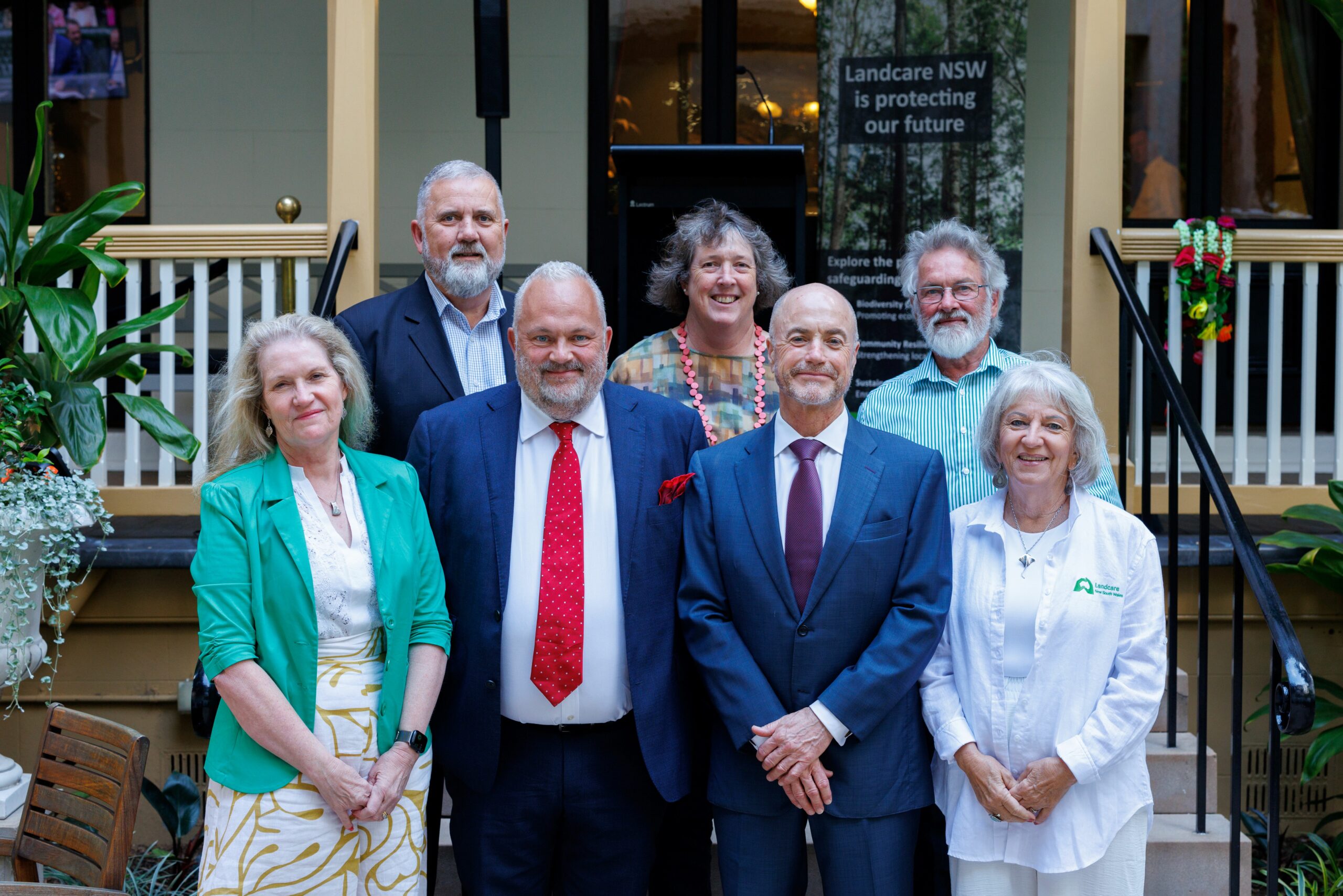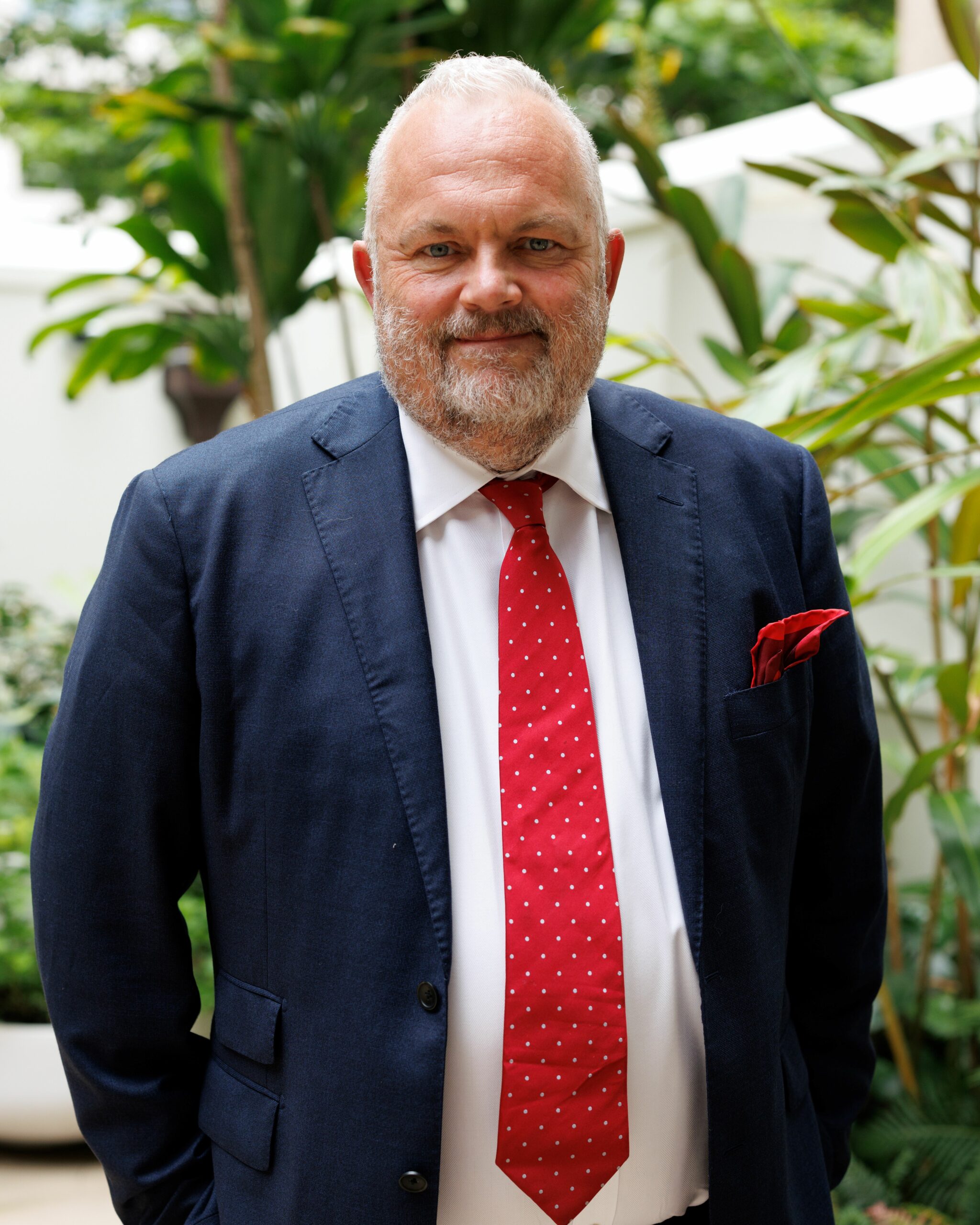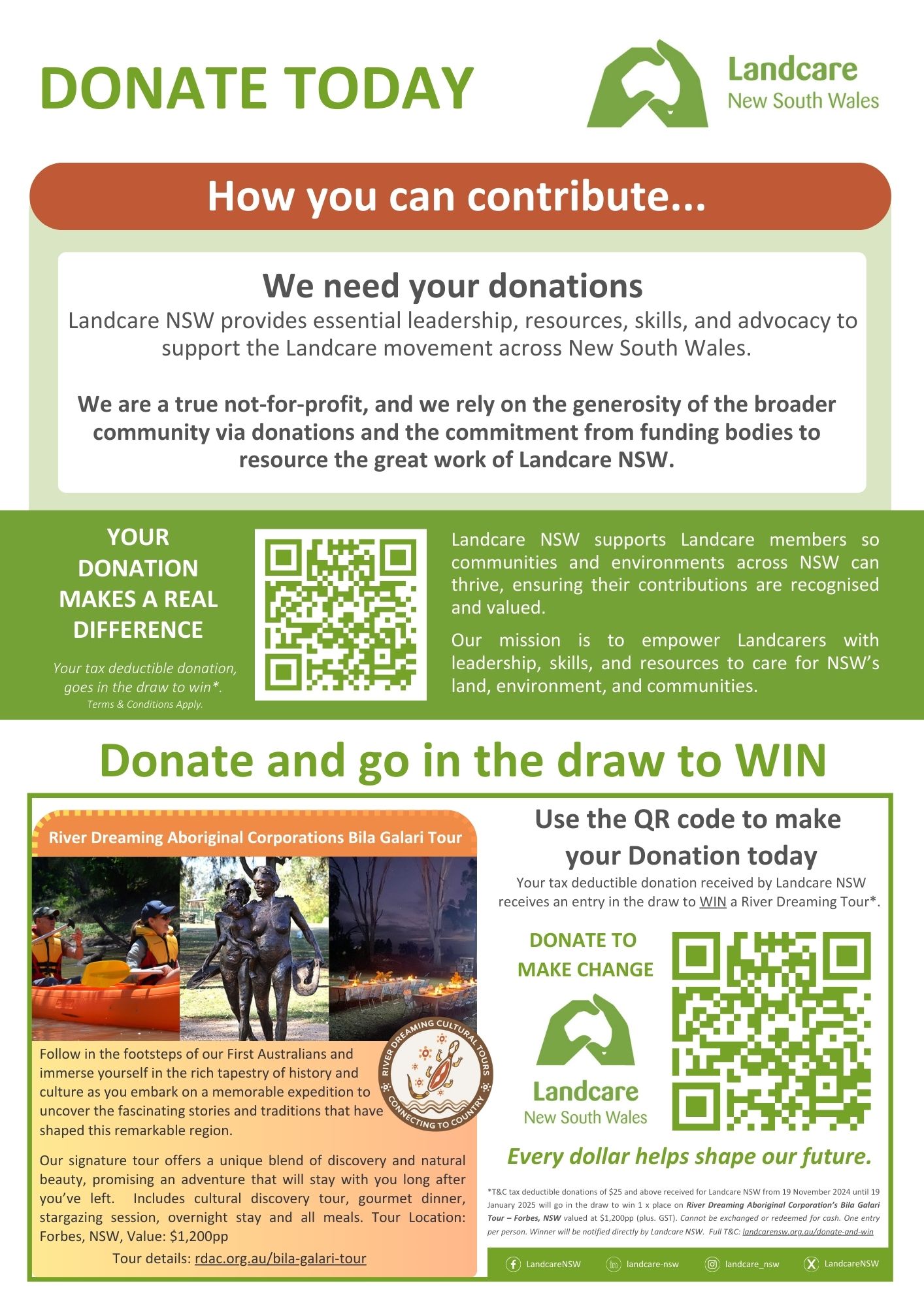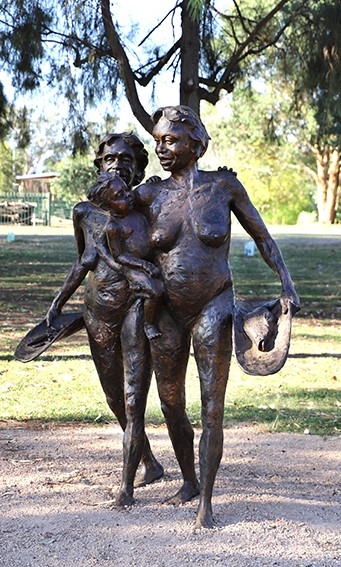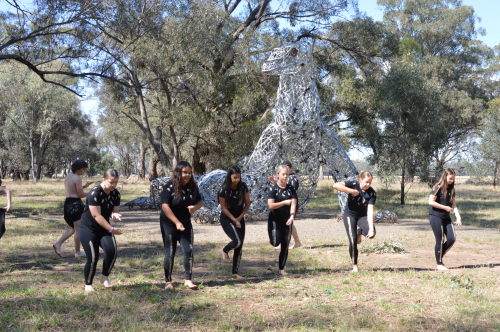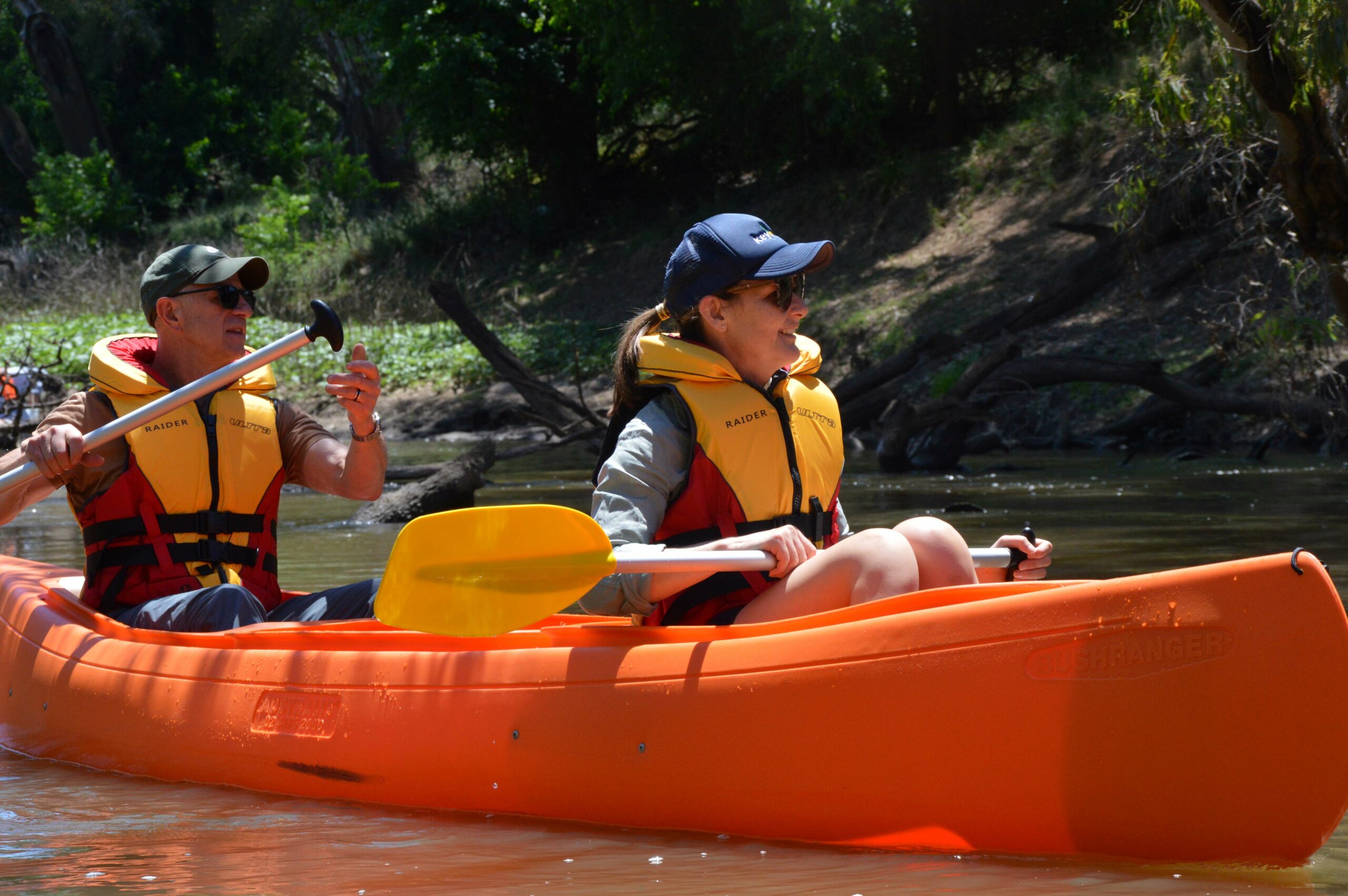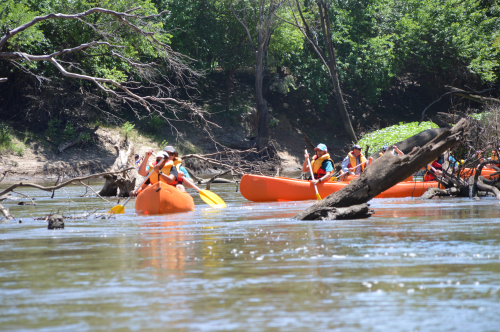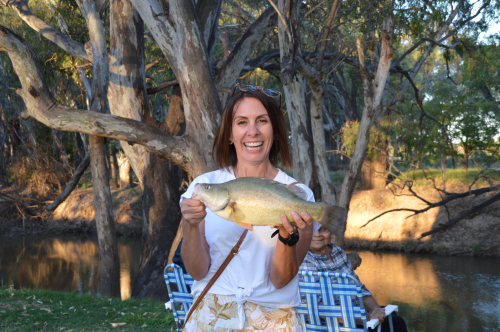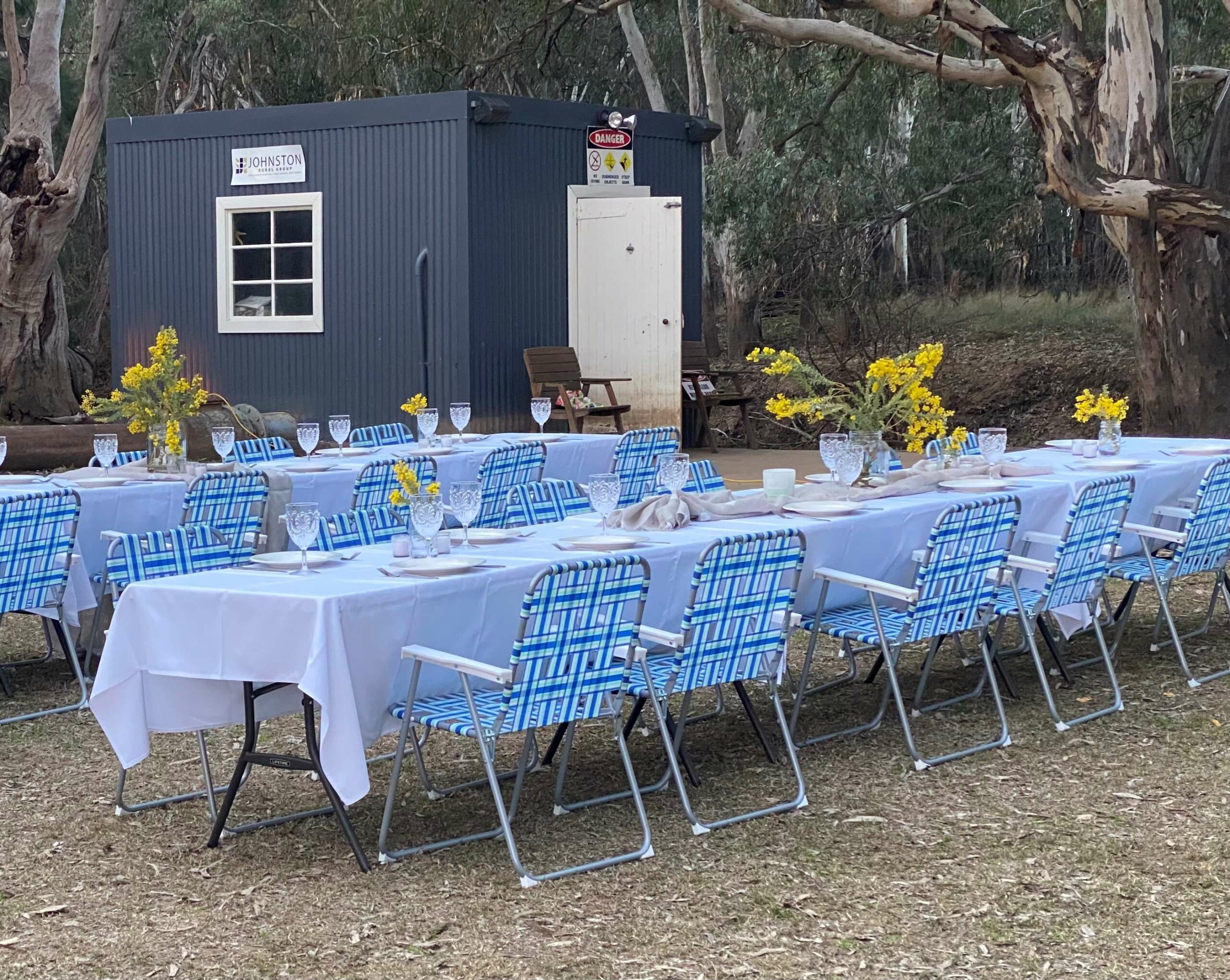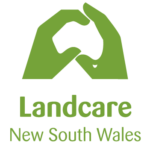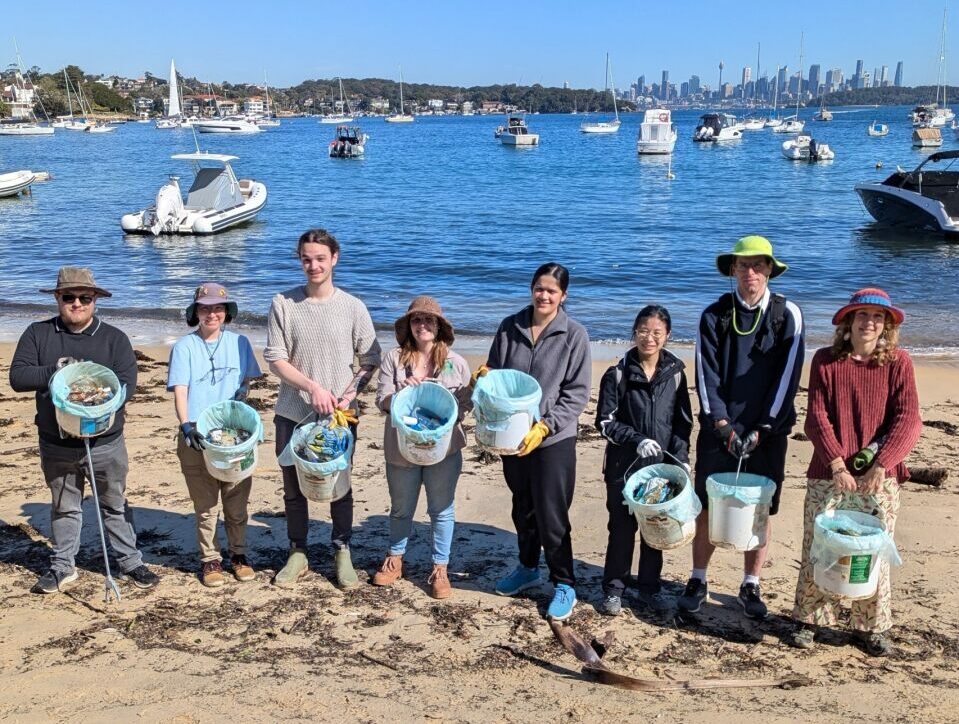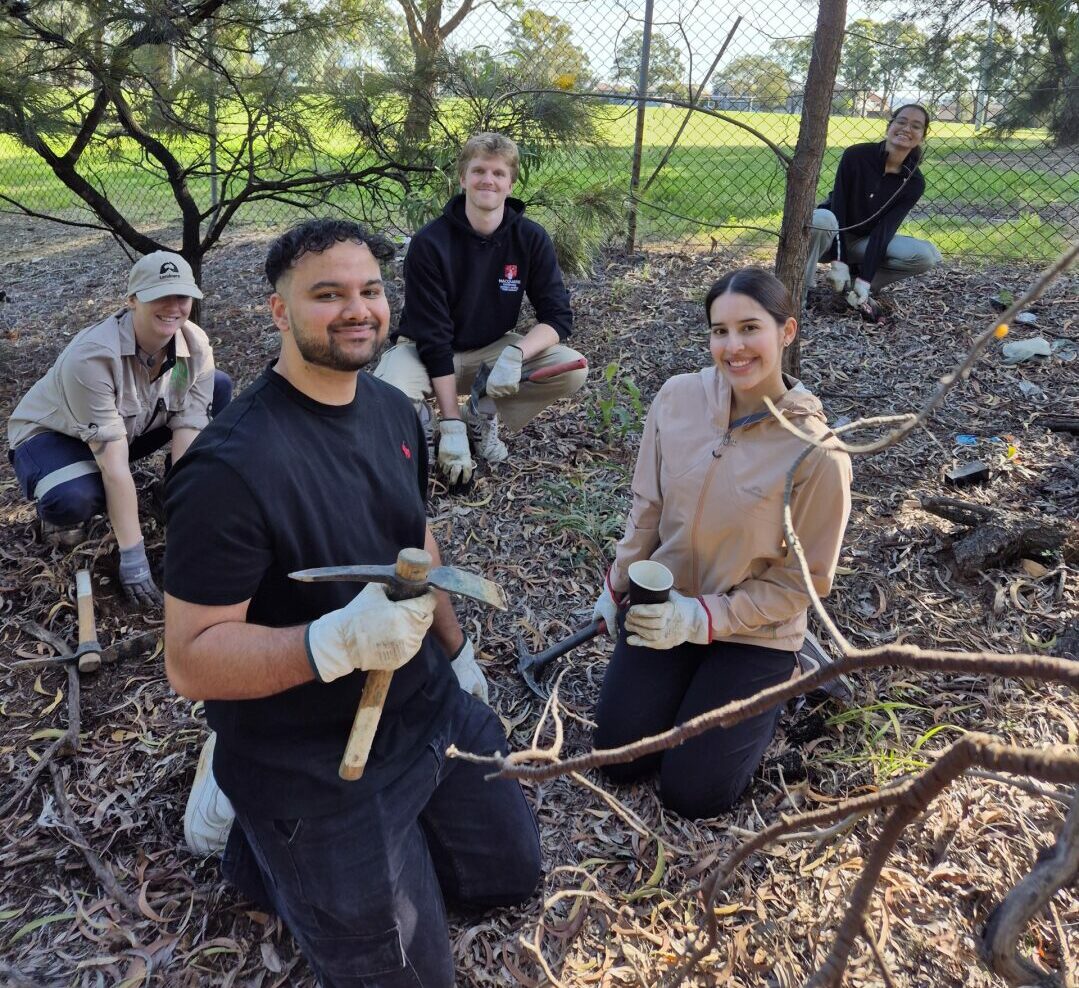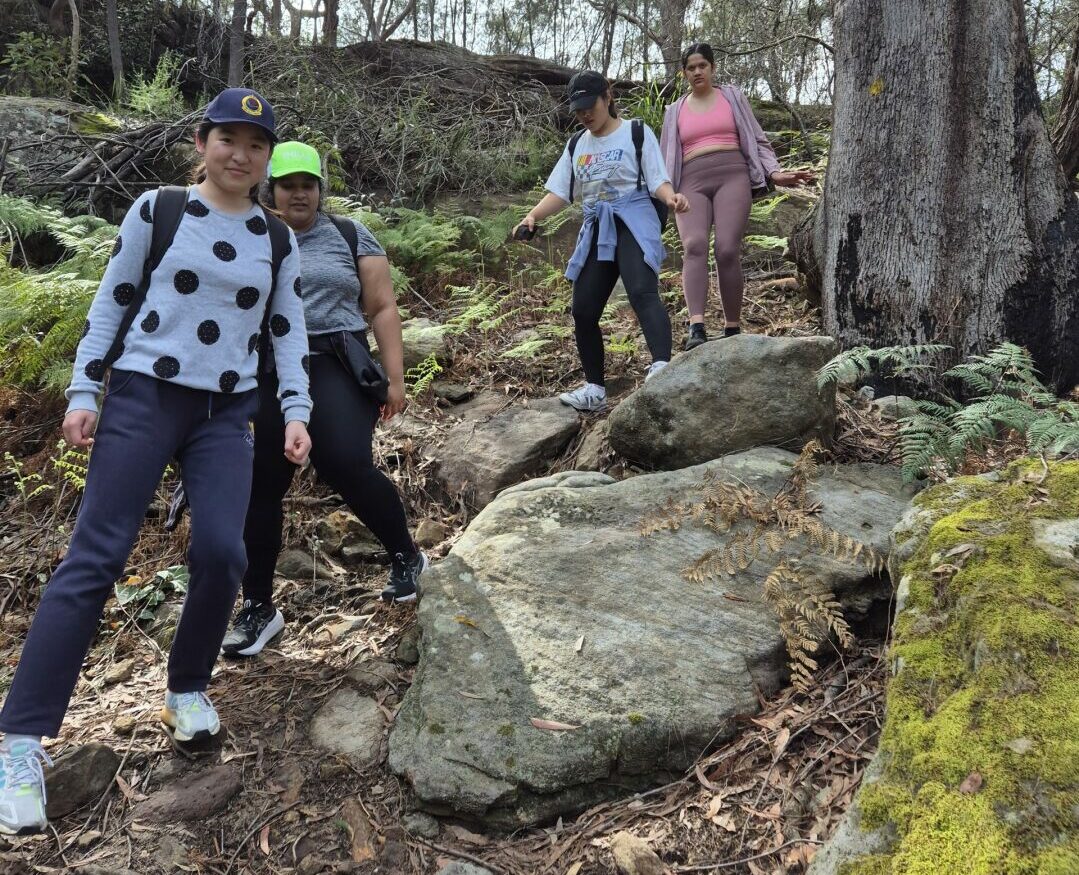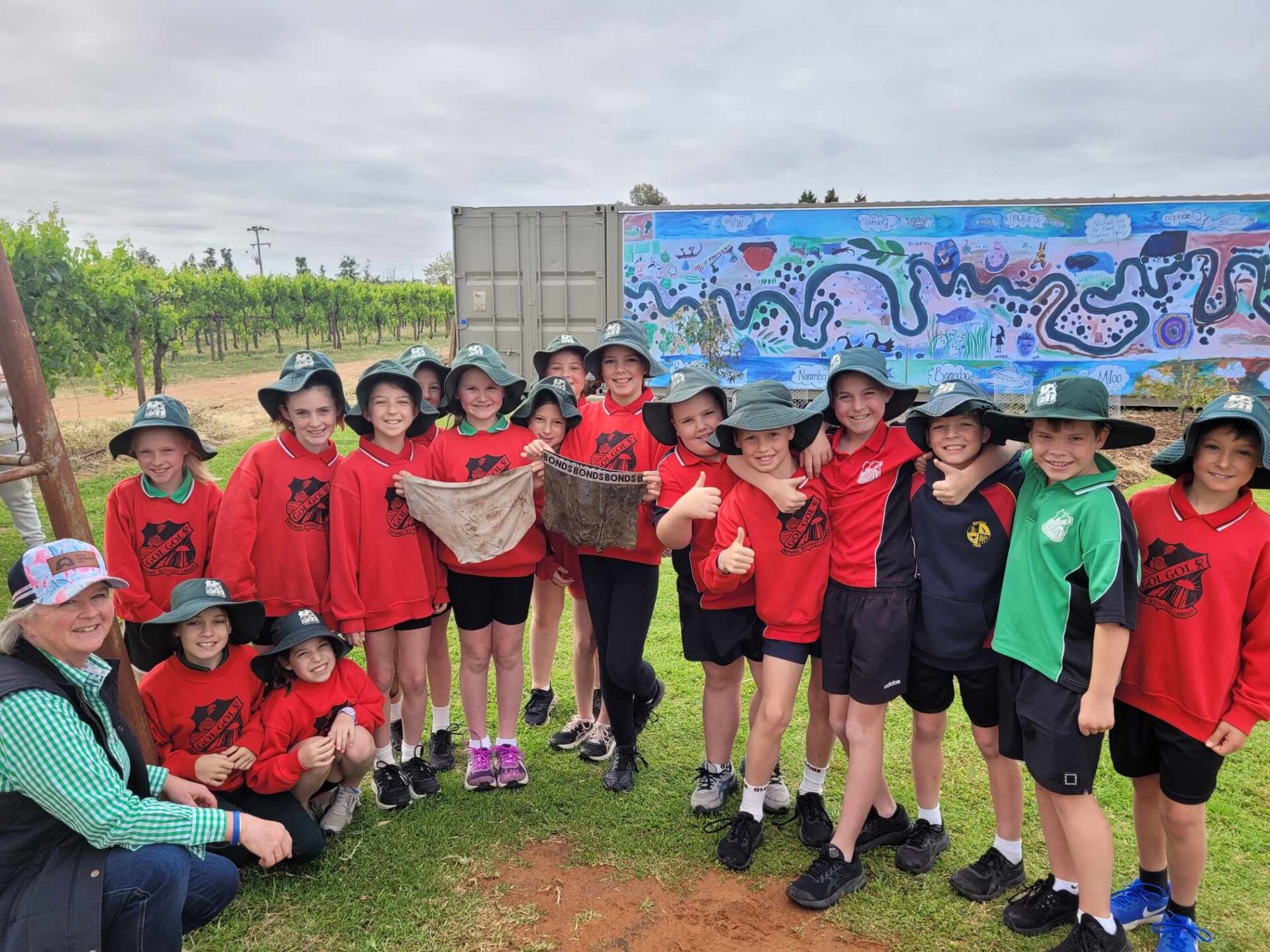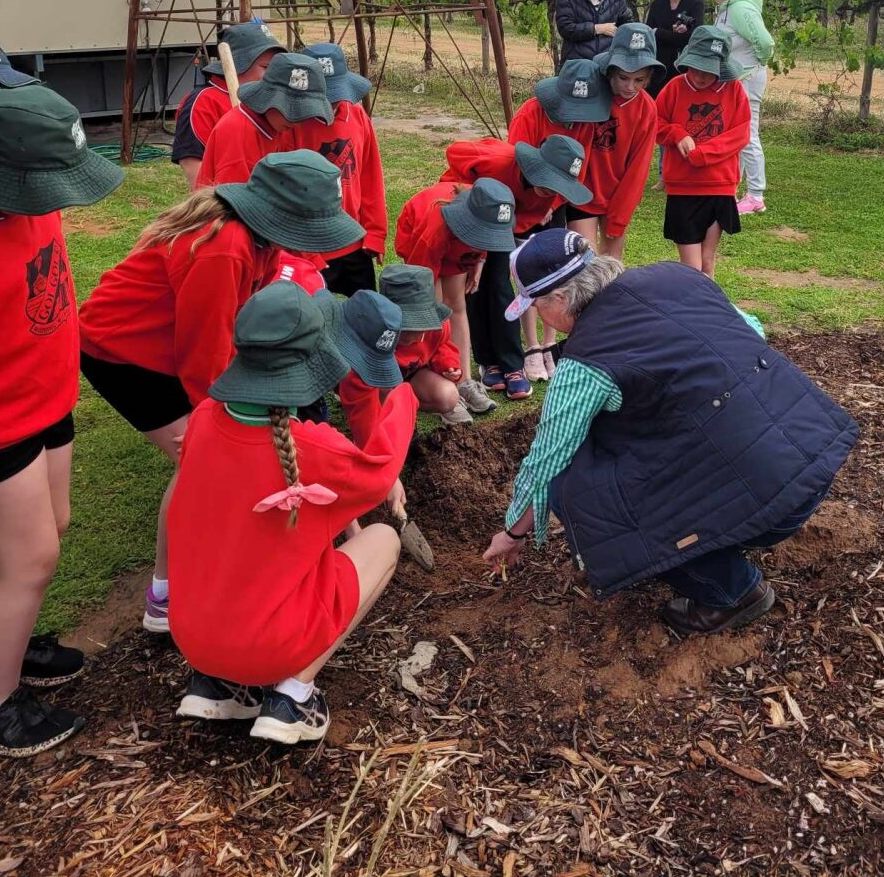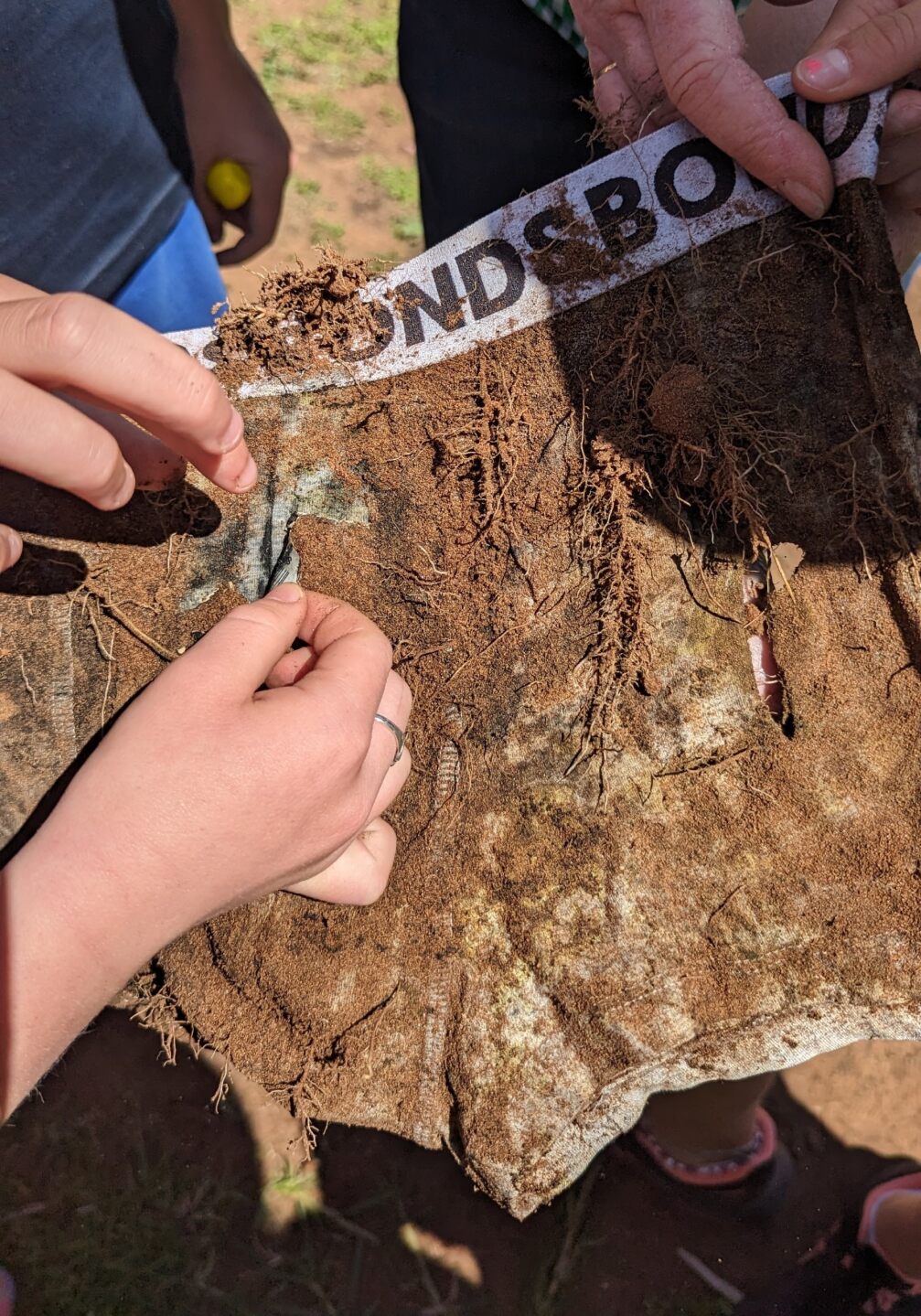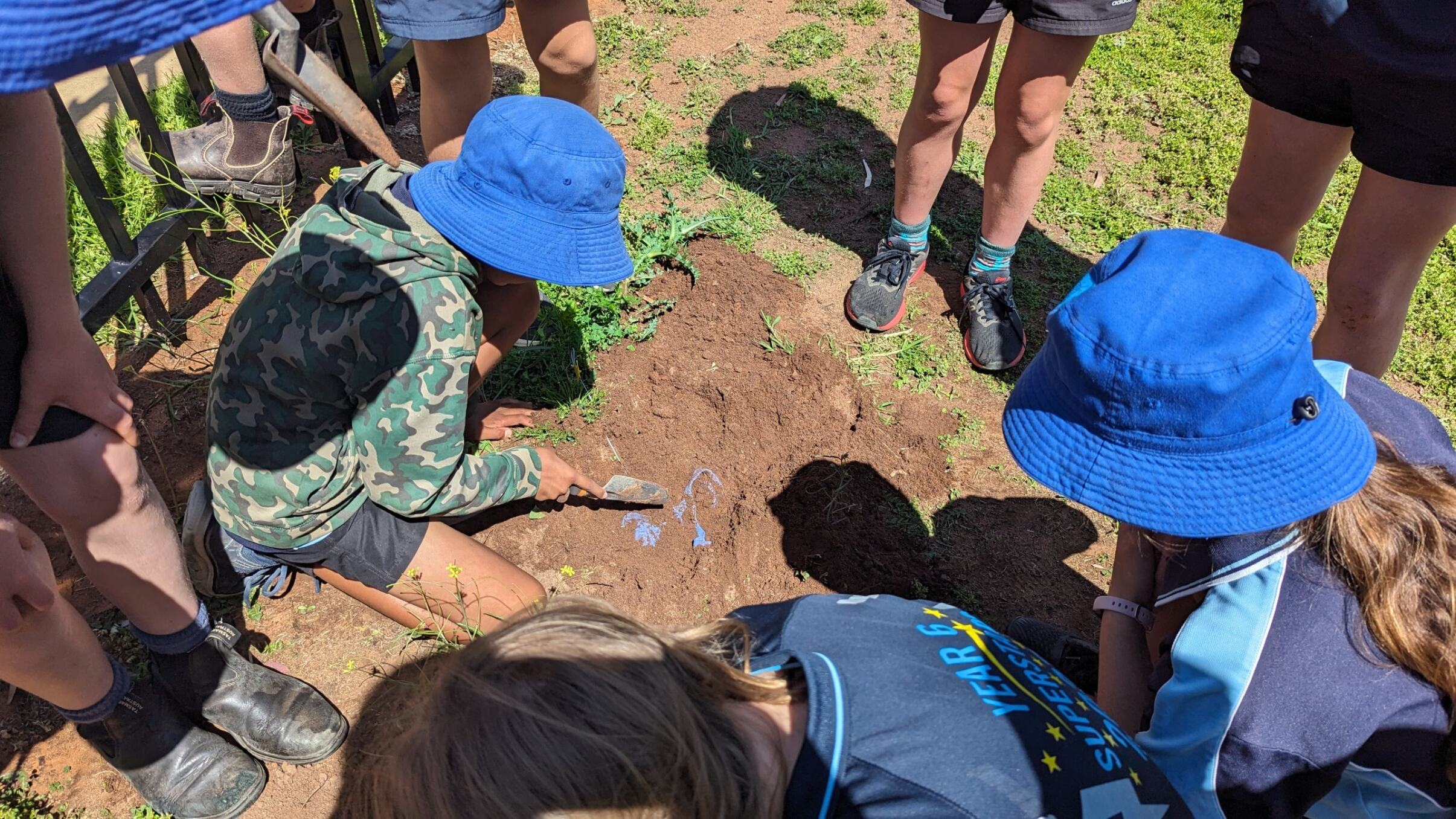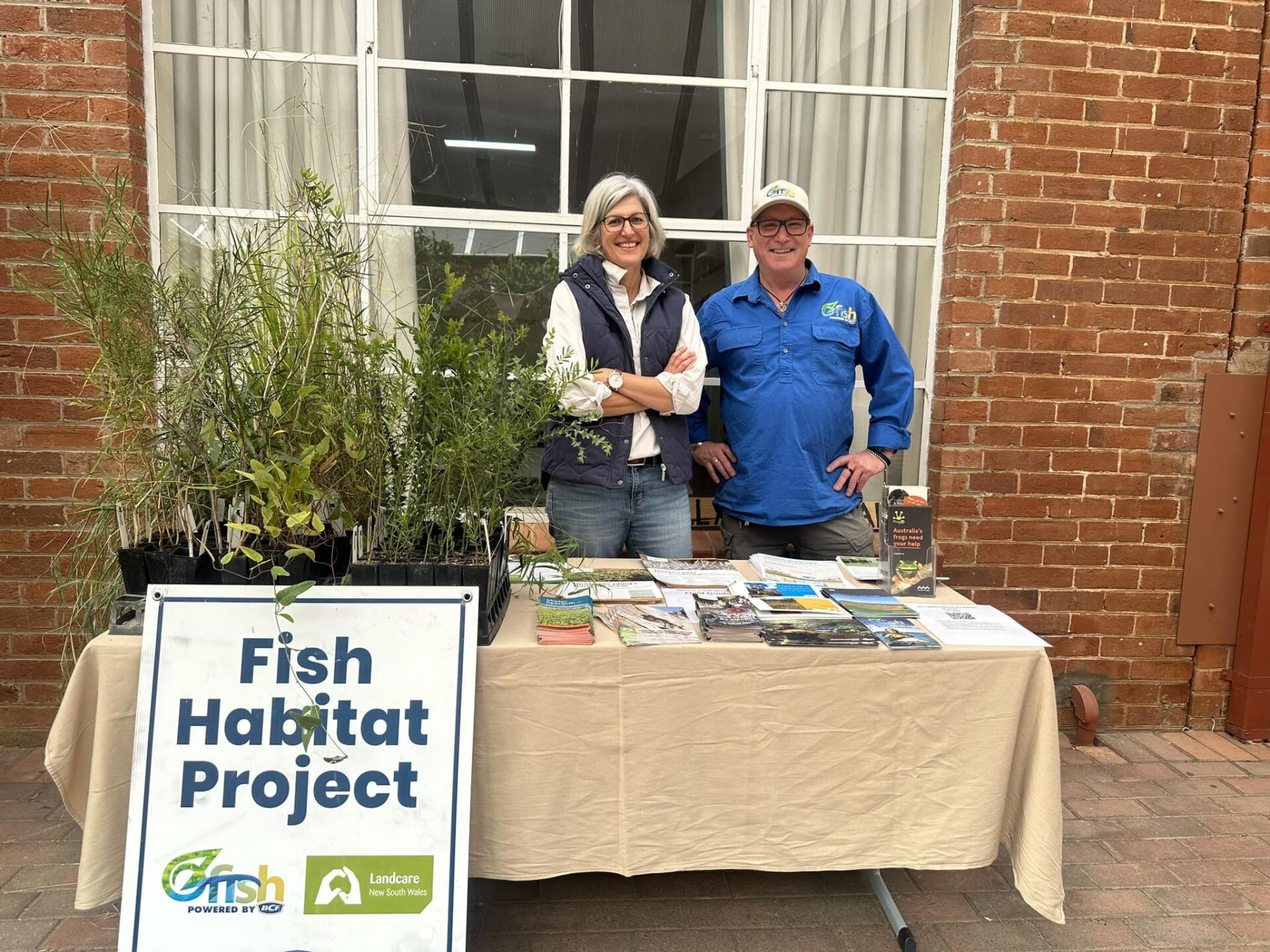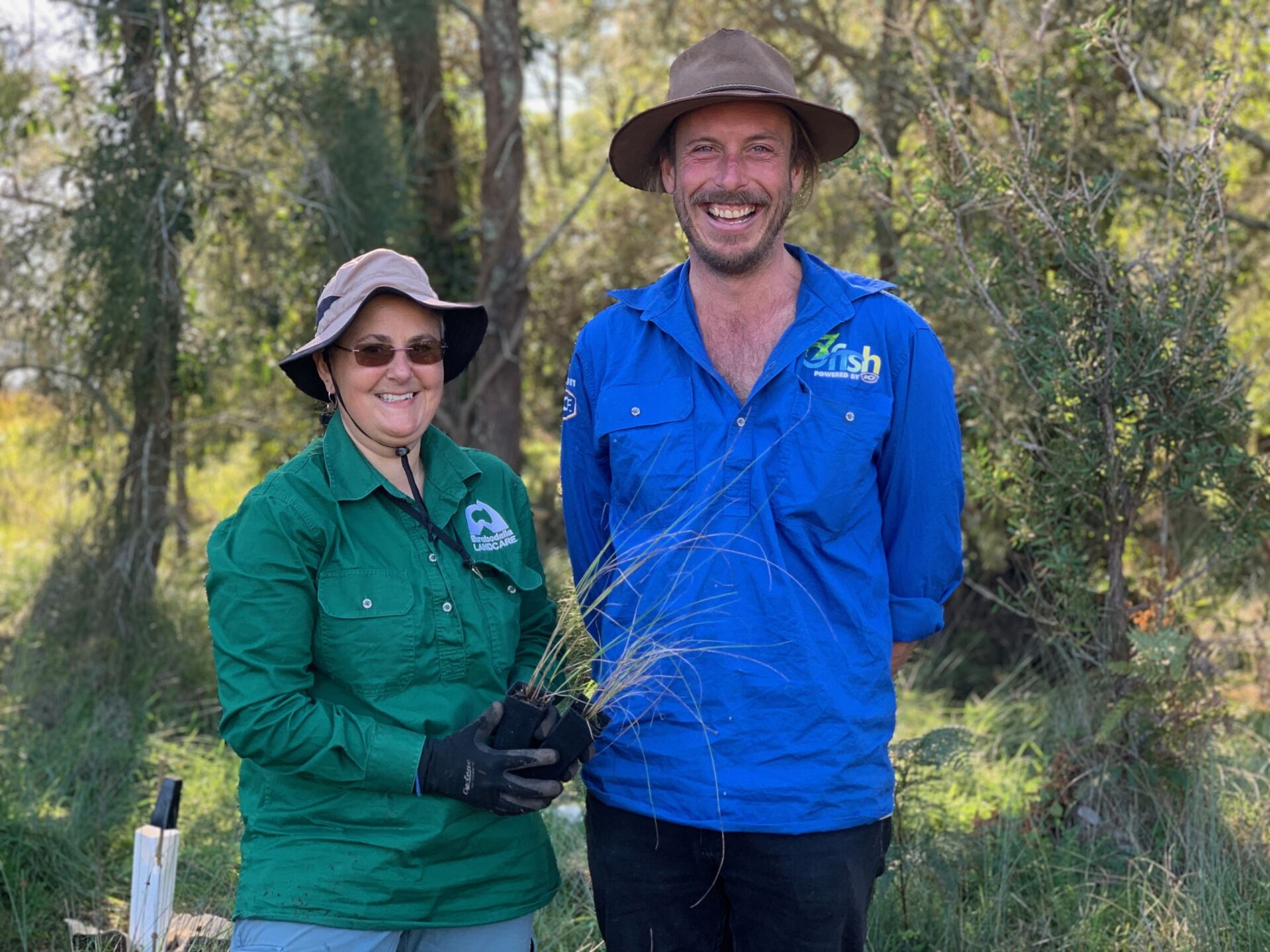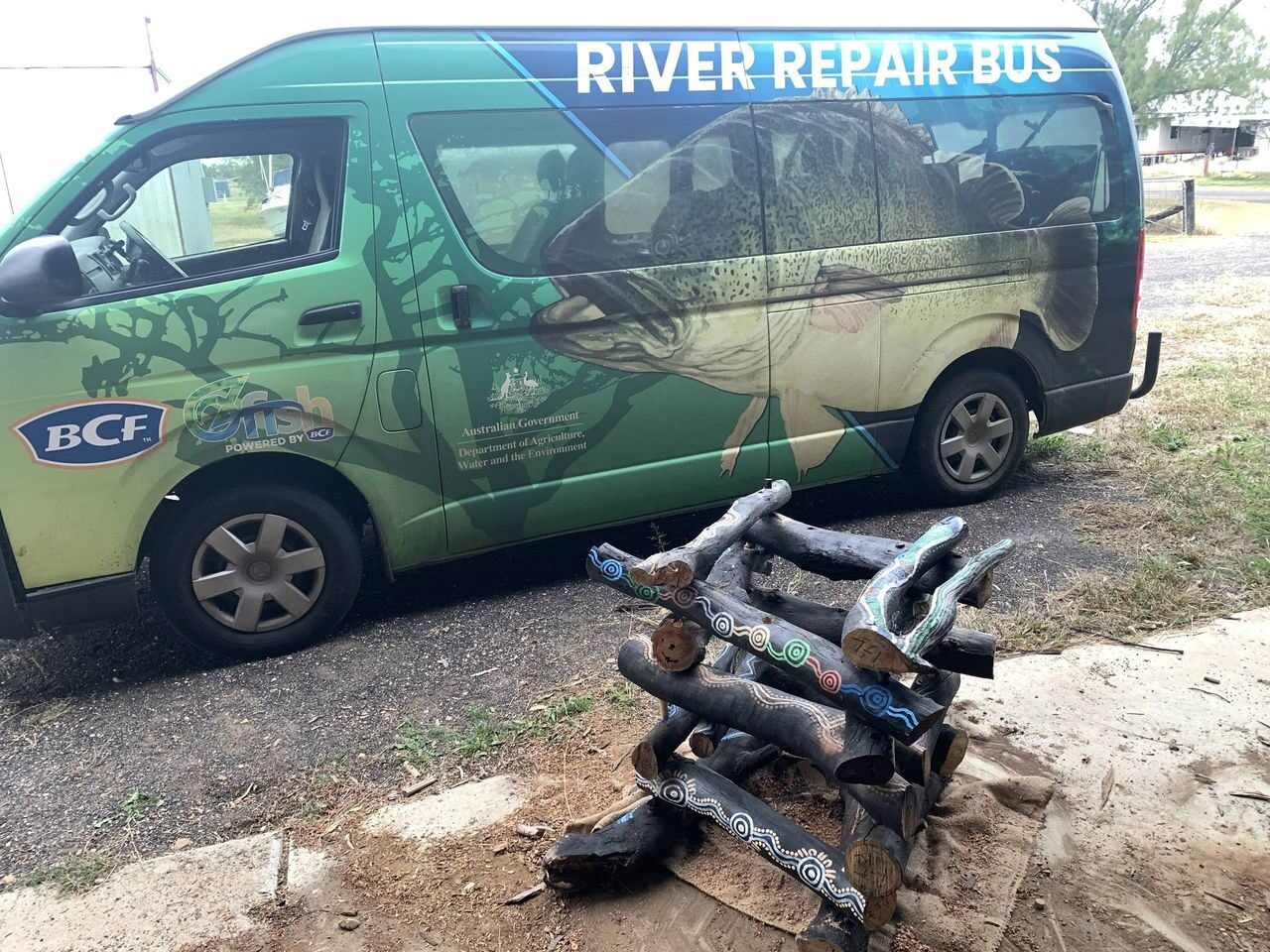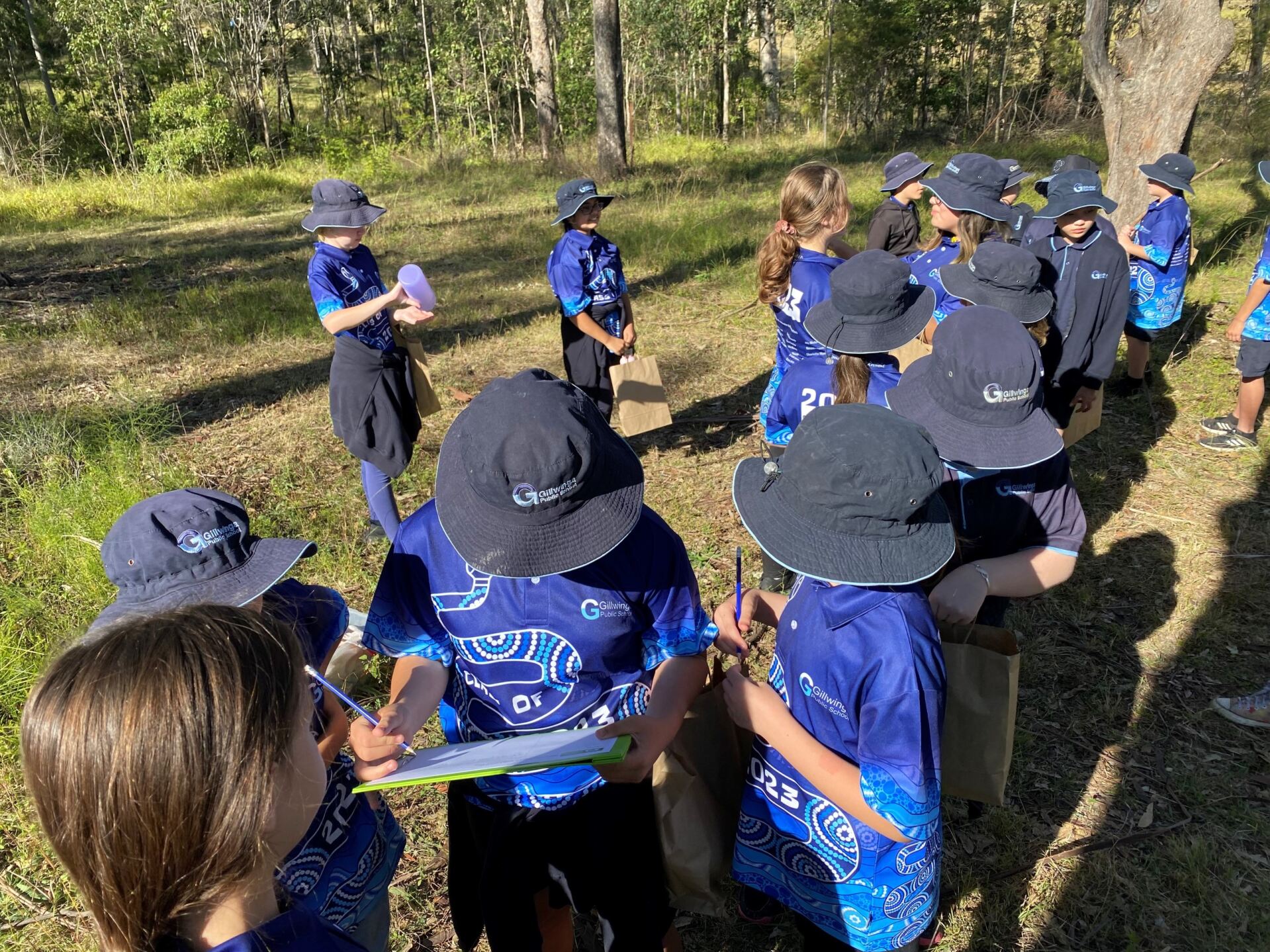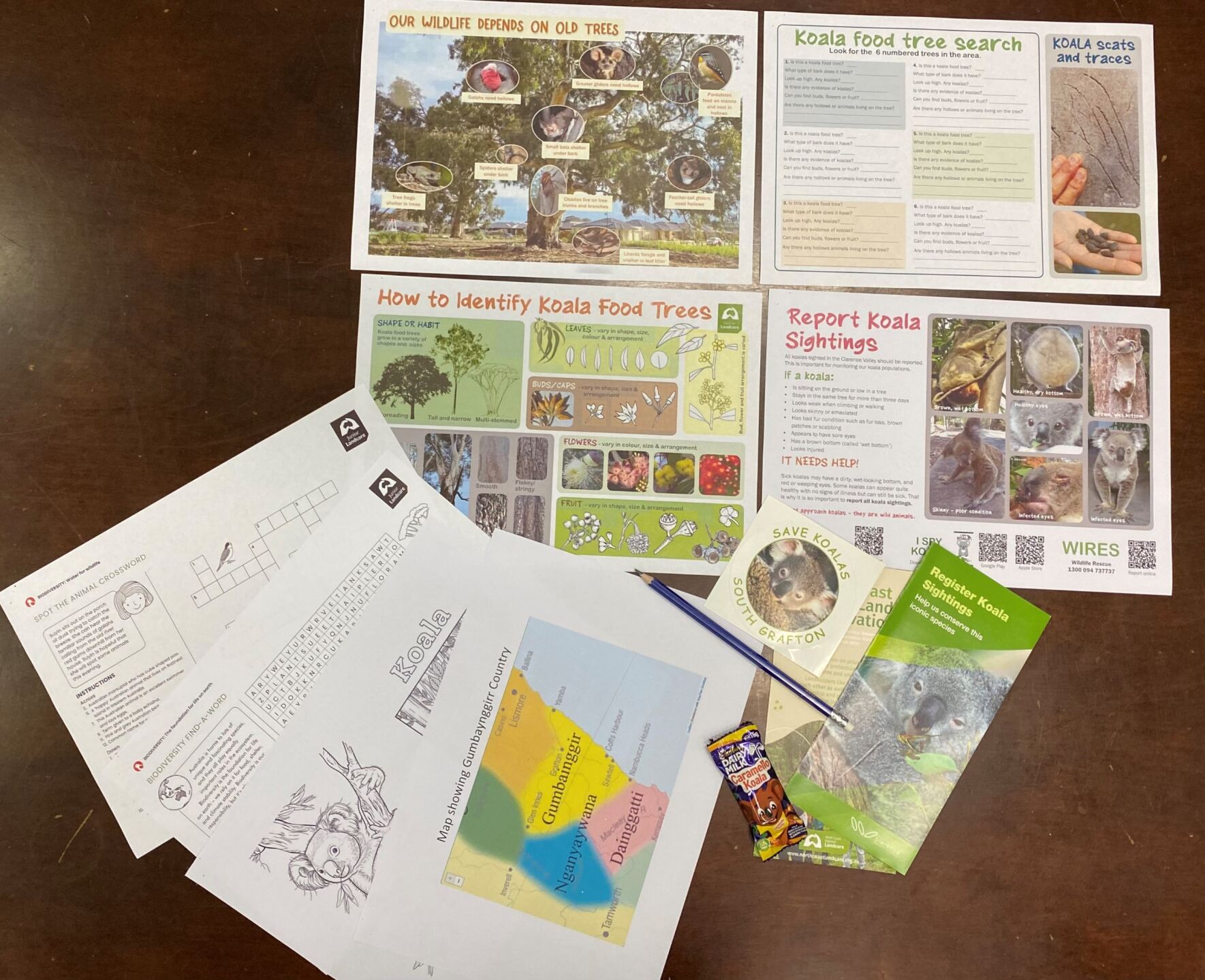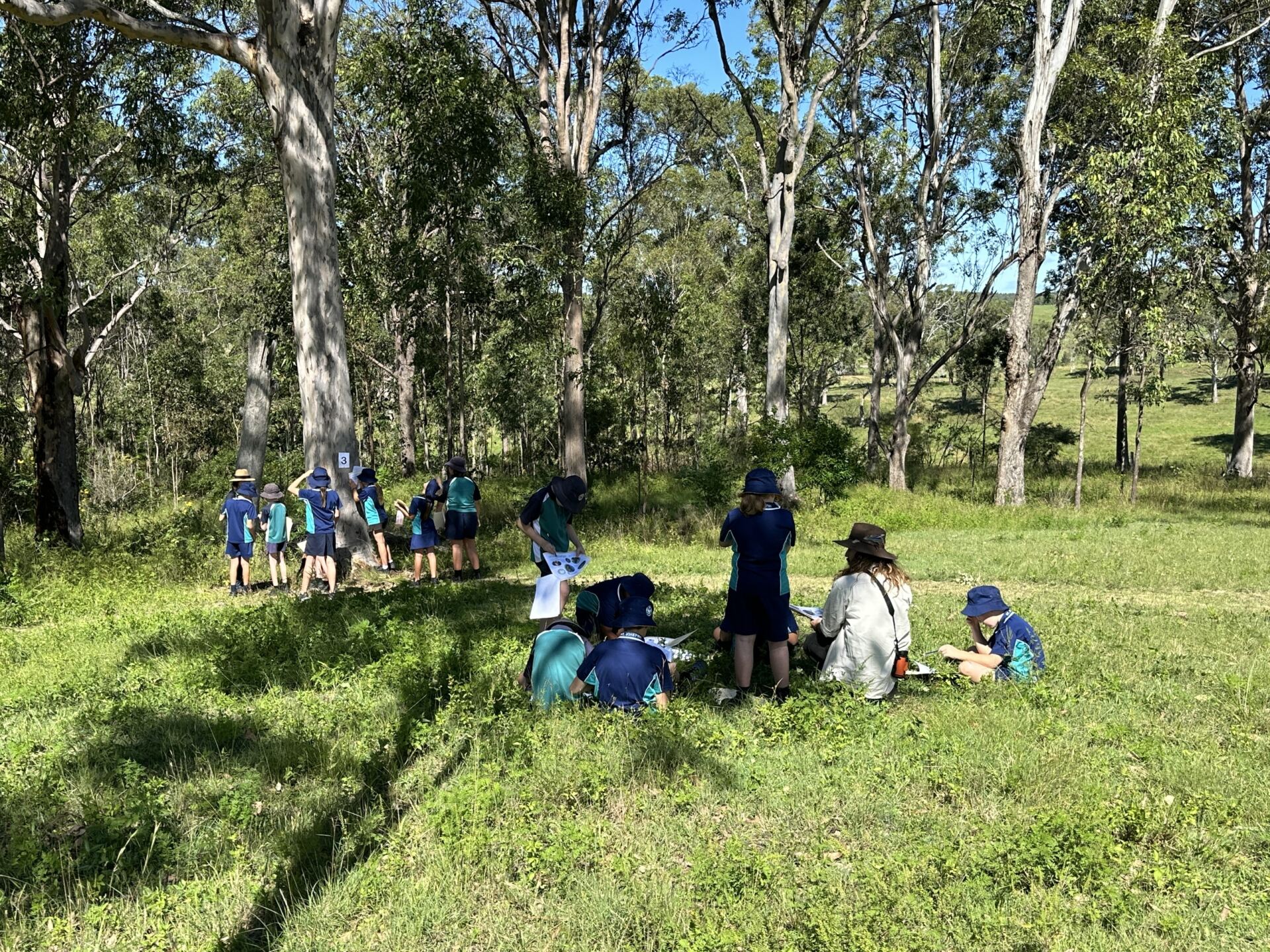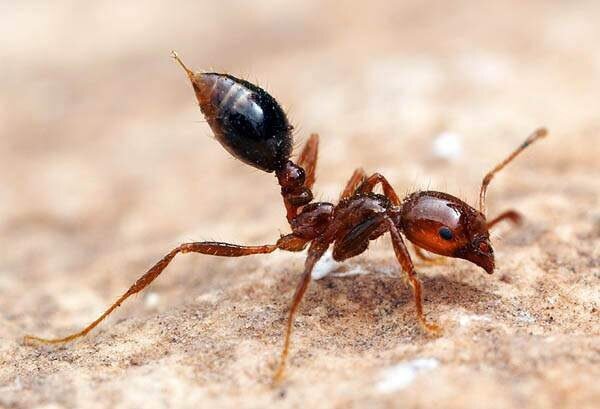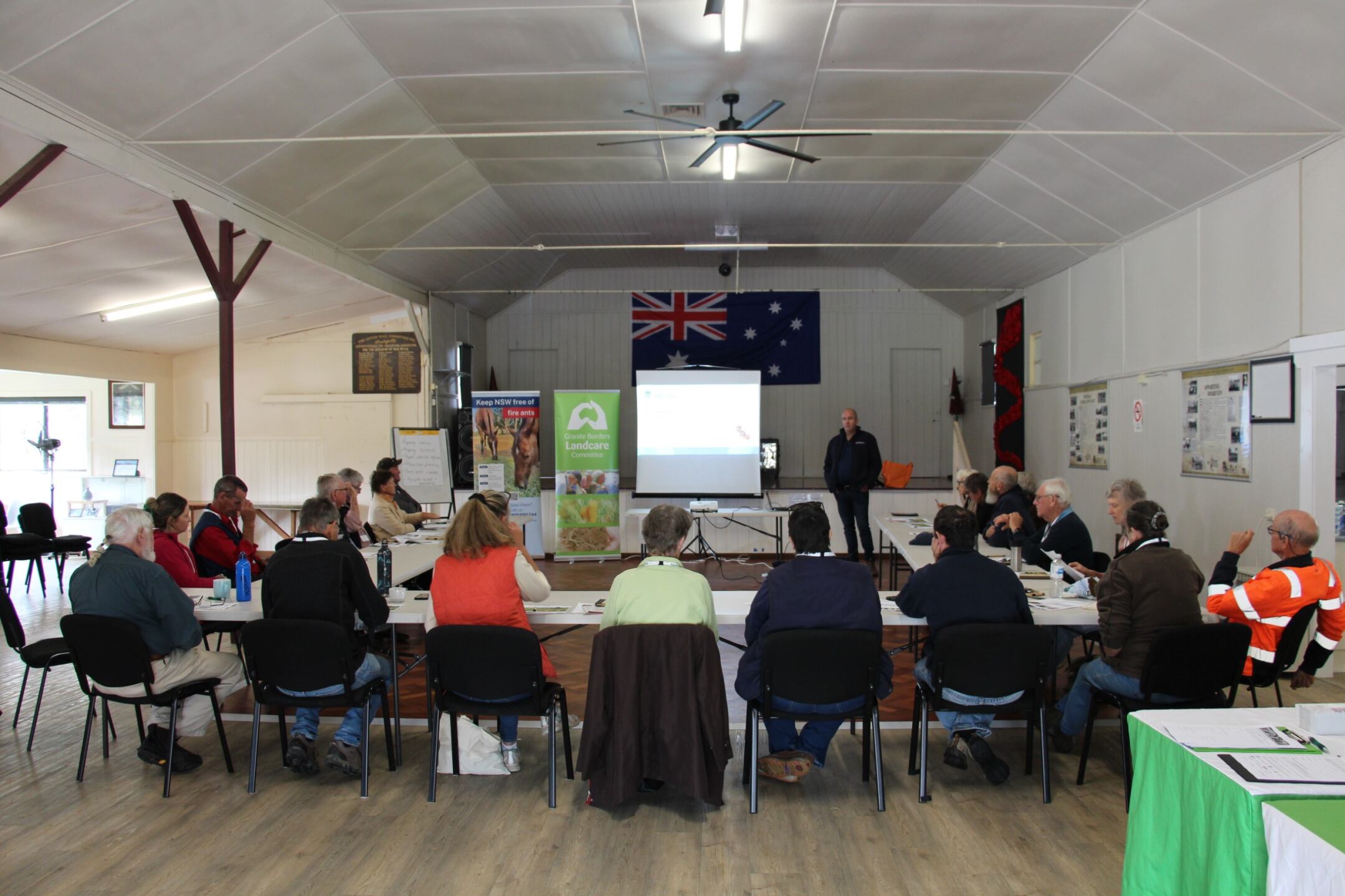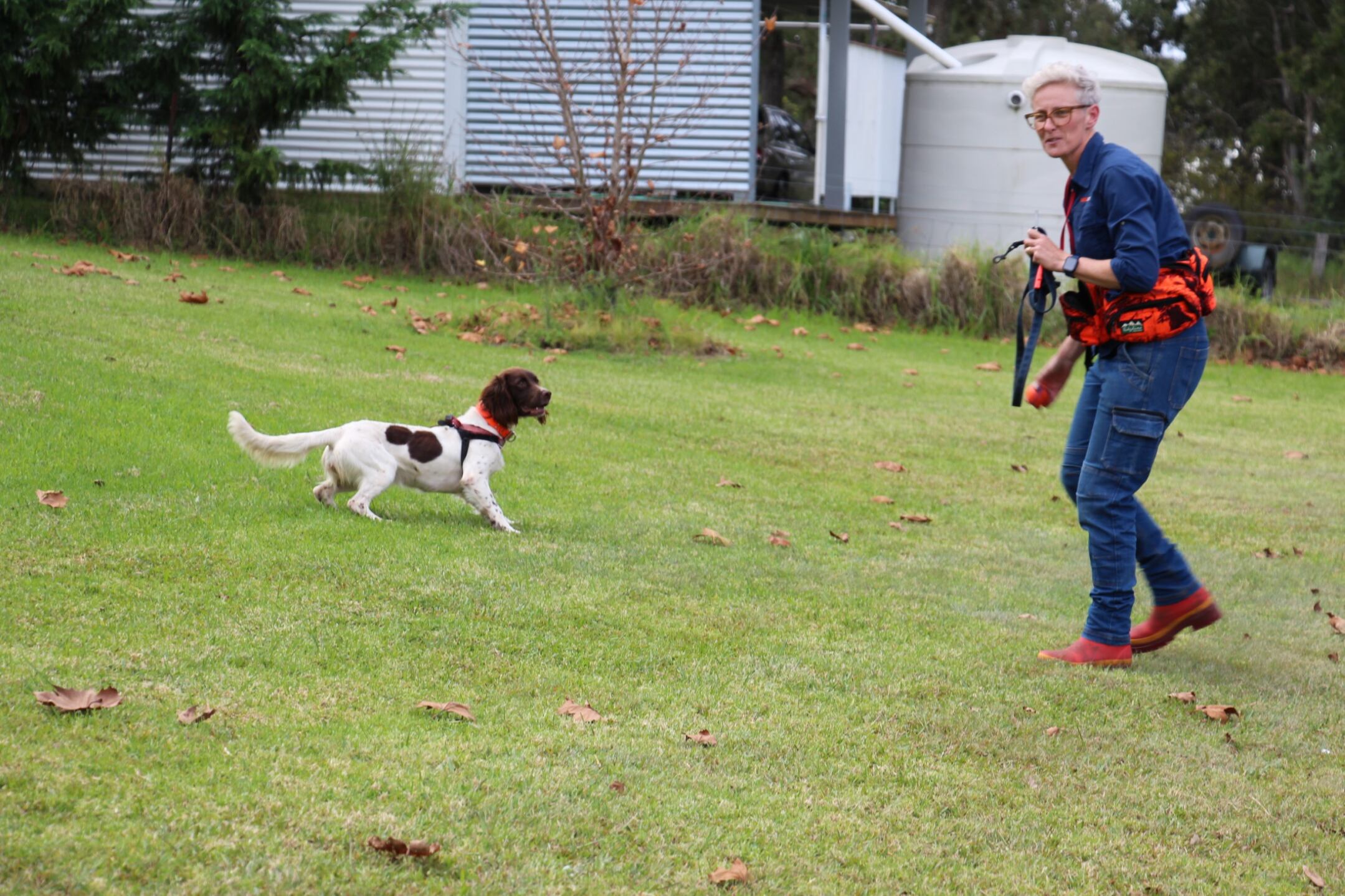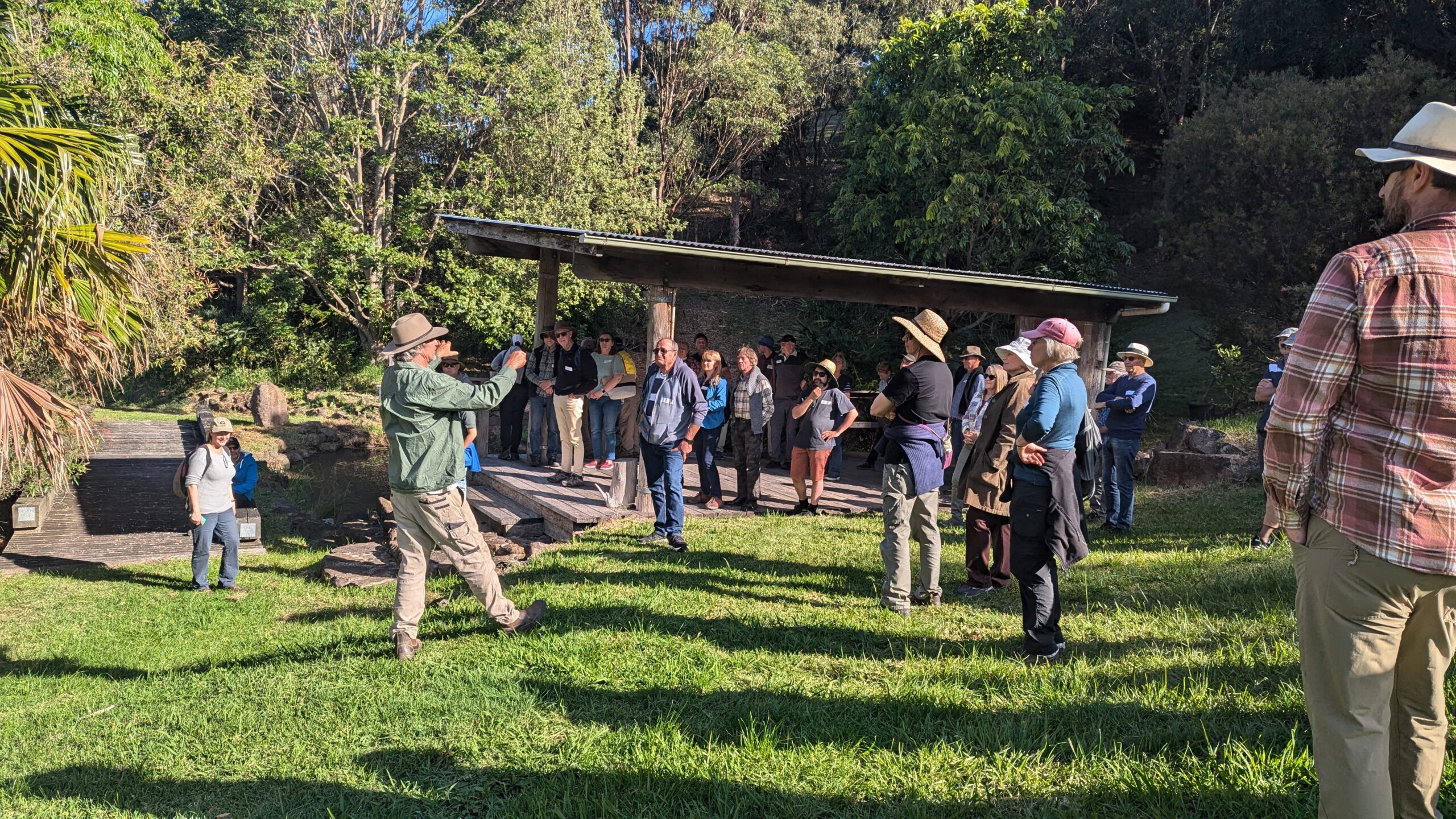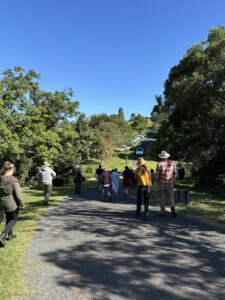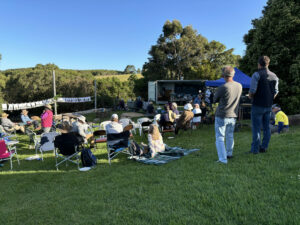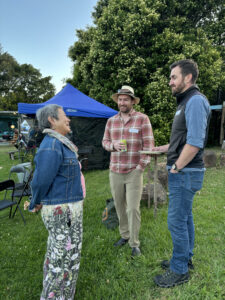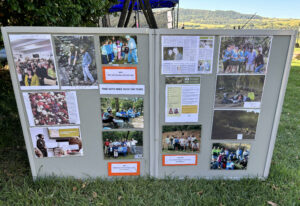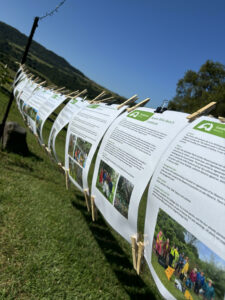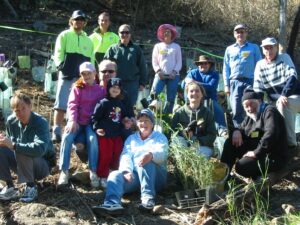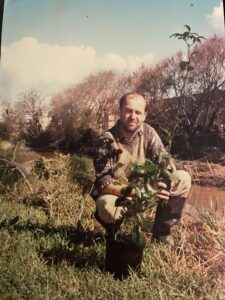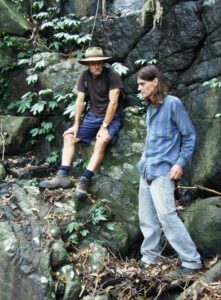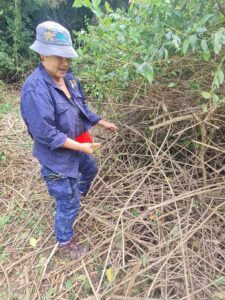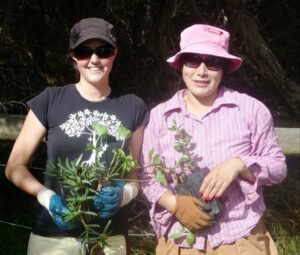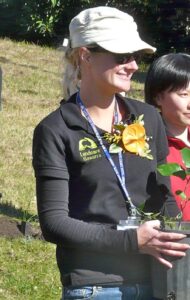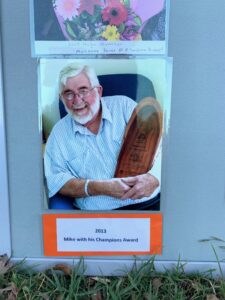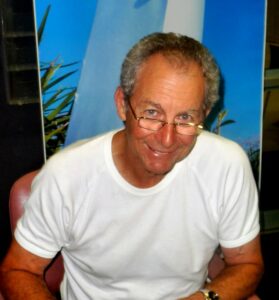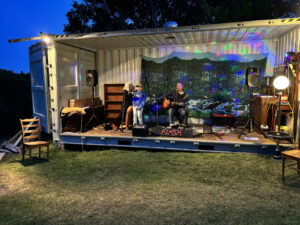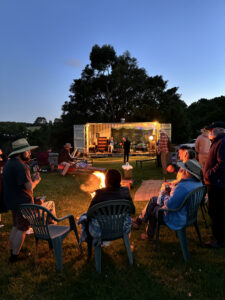Adapting for a sustainable future…
Finances
“Landcare NSW is evolving to meet the changing needs of our organization and community. While our core programs remain strong and fully operational – including the Landcare Enabling Program, BCT Public Land Conservation Matters, and the Creating Canopies project – we are implementing strategic changes to ensure our long-term sustainability.As part of this evolution, we’re embracing flexible working arrangements, with our team transitioning to a remote-first model when our Mascot office lease concludes in March. This shift aligns well with our team’s preferences and modern workplace practices. We’re currently exploring options for virtual office support and meeting spaces to maintain strong collaboration and communication.
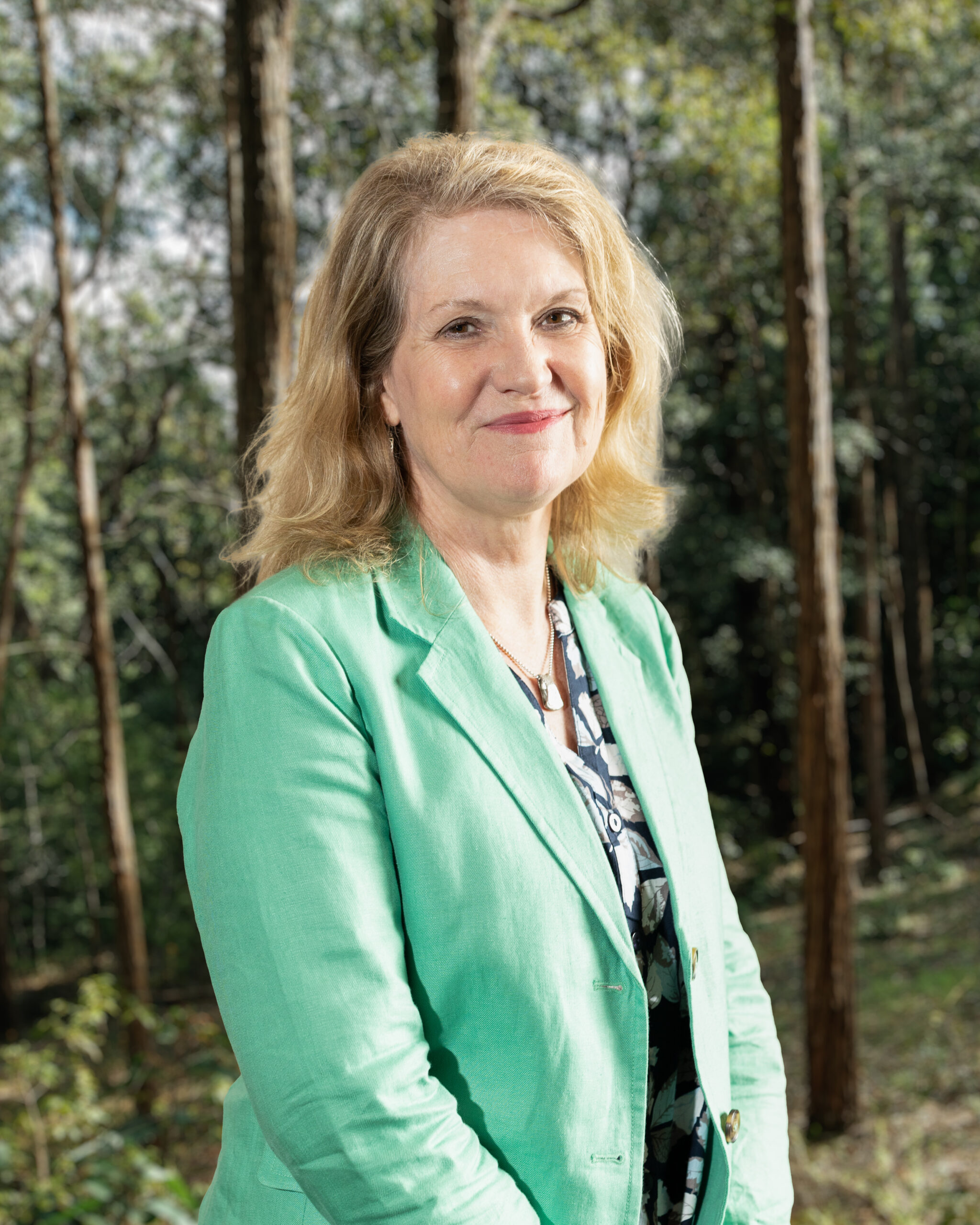
“Our finance team continues to provide excellent support through the expertise of our accountant Jasmin Rea and contract CFO Amy Holman, who offers specialized guidance as needed. As we navigate these changes, we appreciate our members’ understanding and support. We remain committed to serving your needs and building an even stronger Landcare NSW for the future.” – Kathy Kelly, Treasurer Landcare NSW
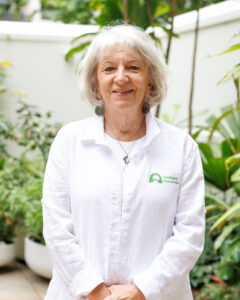
Membership
“Most of you know me as one of the Directors of Landcare NSW, a position I have held for three years. Recently, I also took on an additional role assisting with LNSW memberships.
With the support of our staff, I have been reviewing our membership structures and finding ways to better assist members with their enquiries.
One key improvement I’ve implemented is a more efficient process for handling insurance enquiries, which is now running smoothly. I am also supporting LNSW as we look at refreshing the membership and insurance offering, finding ways to support our Members, as I know we are stronger together.
If you have any Membership/Insurance enquires or require a copy of your Insurance Certificate of Currency, please contact me and I will ensure you receive it. You can contact me at memberships@landcarensw.org.au or lthomson@landcarensw.org.au
– Lyn Thomson, Secretary Landcare NSW
People:
“As the newest Director on the Landcare NSW Board, I have taken on a Human Resources (HR) support role.
This has involved reviewing all staff contracts, conducting staff interviews (phone call of 30 to 80 minutes), reporting to the Board, and, importantly, providing a direct conduit for staff members to the Board.
My findings so far include the following:
1) we have a very talented and diligent group of people on staff,
2) every individual has stated that they enjoy working as part of this great team,
3) all enjoy the flexibility provided to them in their work hours and conditions, and
4) there is an appreciation of the direct contact with the Board of Directors.
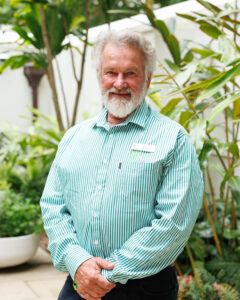
Productive organisations require an effective structure – which Landcare NSW has; and appropriate HR structures and pathways. which is what we are providing here.”
– Wayne Chaffey, Director Landcare NSW
